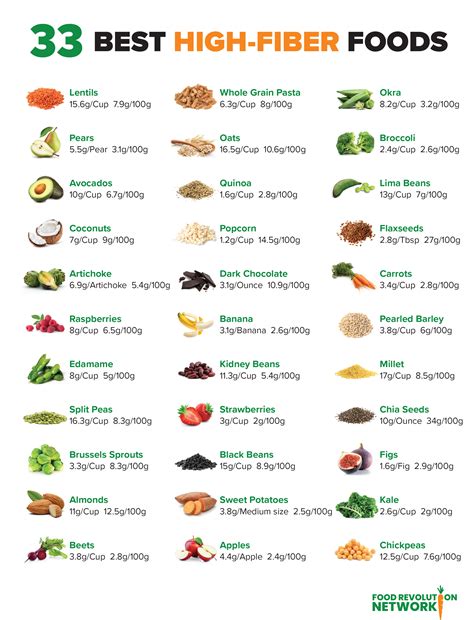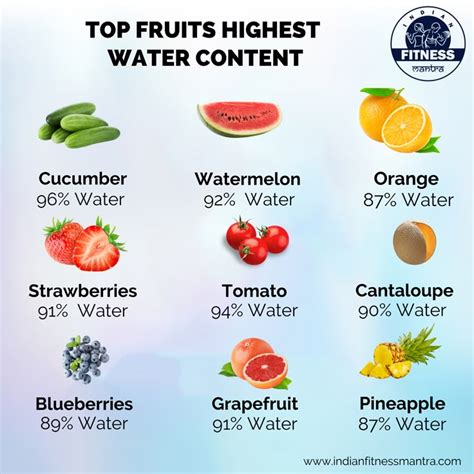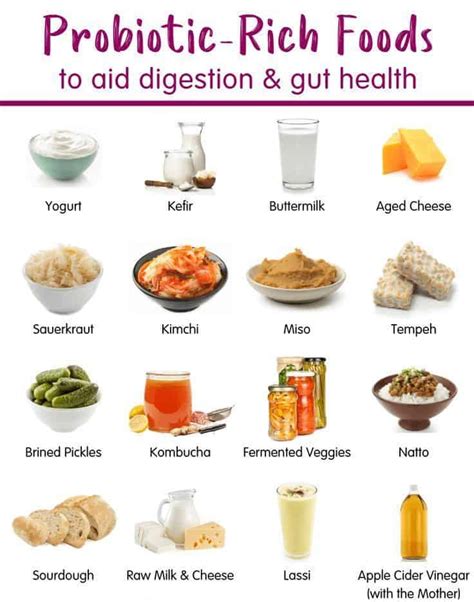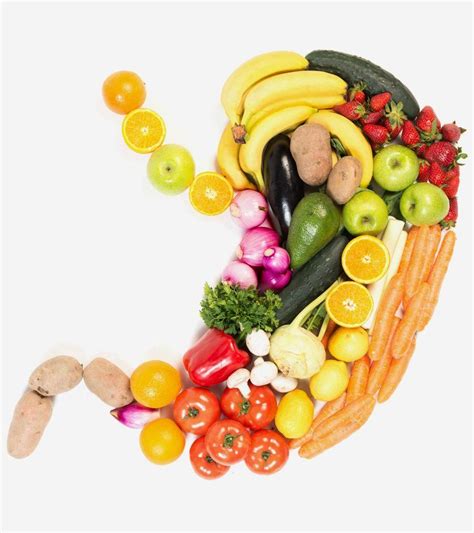Intro
Relieve constipation with natural foods like fiber-rich fruits, whole grains, and leafy greens, promoting digestive health and regular bowel movements.
Constipation is a common digestive issue that affects millions of people worldwide. It is characterized by infrequent bowel movements, hard or lumpy stools, and difficulty passing stools. While there are many over-the-counter medications and supplements available to help relieve constipation, making dietary changes can be an effective and natural way to promote regular bowel movements. In this article, we will explore the foods that can help alleviate constipation and provide tips on how to incorporate them into your diet.
A healthy diet rich in fiber, fruits, vegetables, and whole grains can help prevent constipation. Fiber helps to add bulk to stool, making it easier to pass, while fruits and vegetables are rich in water content, which can help to soften stool. Whole grains, such as brown rice, quinoa, and whole wheat bread, are also high in fiber and can help to regulate bowel movements. Additionally, staying hydrated by drinking plenty of water is essential for preventing constipation, as it helps to soften stool and make it easier to pass.
A diet that is high in processed foods, sugar, and saturated fats can exacerbate constipation. These foods are often low in fiber and can cause the digestive system to slow down, leading to constipation. Furthermore, a lack of physical activity and stress can also contribute to constipation. Regular exercise can help to stimulate bowel movements, while stress can cause the muscles in the digestive tract to contract, making it harder to pass stool.
High-Fiber Foods For Constipation Relief

Benefits Of High-Fiber Foods
High-fiber foods have numerous benefits for digestive health, including: * Promoting regular bowel movements * Relieving constipation * Reducing the risk of hemorrhoids and diverticulitis * Lowering cholesterol levels * Regulating blood sugar levelsFoods Rich In Water Content

Importance Of Staying Hydrated
Staying hydrated is essential for preventing constipation and promoting regular bowel movements. Water helps to soften stool and make it easier to pass, while also preventing the digestive system from slowing down. Additionally, staying hydrated can help to reduce the risk of hemorrhoids and diverticulitis.Probiotic-Rich Foods For Constipation Relief

Benefits Of Probiotics
Probiotics have numerous benefits for digestive health, including: * Promoting the growth of beneficial gut bacteria * Regulating bowel movements * Relieving constipation * Reducing the risk of hemorrhoids and diverticulitis * Boosting the immune systemOther Foods That Can Help Relieve Constipation

Tips For Incorporating These Foods Into Your Diet
Incorporating these foods into your diet can be easy and delicious. Here are some tips: * Start your day with a high-fiber breakfast, such as oatmeal with fruit and nuts * Snack on fruits and vegetables throughout the day * Incorporate probiotic-rich foods into your diet, such as yogurt or kefir * Try new recipes that feature foods that can help relieve constipation, such as ginger and turmericConclusion And Next Steps

What are the best foods to eat for constipation relief?
+High-fiber foods, foods rich in water content, probiotic-rich foods, and other foods that can help relieve constipation, such as ginger and turmeric, can help promote regular bowel movements and relieve constipation.
How can I incorporate these foods into my diet?
+Start your day with a high-fiber breakfast, snack on fruits and vegetables throughout the day, incorporate probiotic-rich foods into your diet, and try new recipes that feature foods that can help relieve constipation.
What are the benefits of probiotics for constipation relief?
+Probiotics can help promote the growth of beneficial gut bacteria, regulate bowel movements, relieve constipation, reduce the risk of hemorrhoids and diverticulitis, and boost the immune system.
How can I stay hydrated to help prevent constipation?
+Drink plenty of water throughout the day, aim to drink at least eight glasses of water per day, and limit your intake of sugary drinks and caffeine.
What are the risks of not treating constipation?
+If left untreated, constipation can lead to hemorrhoids, diverticulitis, and other complications, such as bowel obstruction and colon cancer.
